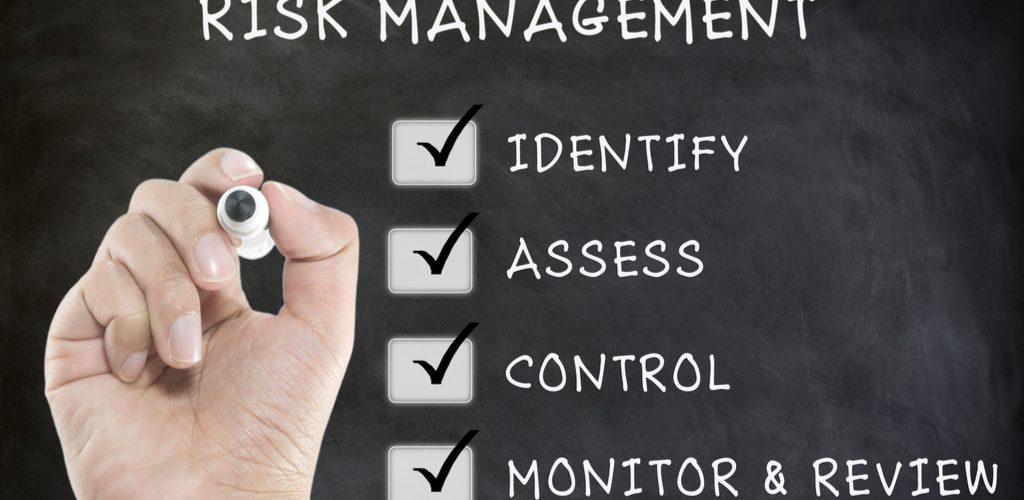Jeannine LeCompte, Publishing and Research Coordinator
Earlier this year, a California convalescent hospital agreed to pay $38,000 for allegedly violating the Civil Monetary Penalties Law by employing an excluded individual. A few weeks later, a Washington State medical center agreed to pay $67,000 for employing an excluded individual. In each case it was alleged that the company knew or should have known that the individual was excluded from participation in federal healthcare programs.
During the same time period, a pediatric healthcare company agreed to pay almost $275,000 for allegedly violating the Civil Monetary Penalties Law by employing an excluded individual and also for submitting claims for services provided by an individual without a valid provider agreement. In this case it was alleged that the company submitted false claims to a Pennsylvania state Medicaid waiver program for support services provided by an excluded individual, and to the Colorado state Medicaid program for services provided by an occupational therapist who did not have a valid Medicaid provider agreement.
As part of a healthcare provider’s compliance and ethics program, checks should be done to verify that each newly hired employee has not been suspended or excluded by any government agency or court from participating in Medicare, Medicaid, or any federal or state healthcare program.
The Office of Inspector General (OIG) is required by law to exclude from participation in all federal healthcare programs any individuals and entities convicted of Medicare or Medicaid fraud; patient abuse, neglect, or exploitation; felony convictions for other healthcare-related fraud, theft, or financial misconduct; or felonies for unlawful manufacture, distribution, prescription, or dispensing of controlled substances.
The Balanced Budget Act of 1997 authorized the OIG to impose civil money penalties against providers that employ or contract with excluded persons to provide items or services for which payment may be made by federal healthcare programs, such as Medicare or Medicaid. The excluded person is subject to liability if he or she orders, provides, or prescribes items or services while excluded, and knows a claim may be made to a federal healthcare program.
The payment prohibition applies to the excluded person or entity, anyone who employs or contracts with an excluded person or entity, any provider for whom the excluded person or entity provides services, and anyone else. The exclusion applies regardless of who submits the claim. It also applies to all services provided by an excluded person or entity.
To prevent a violation, facilities must screen every employee, physician, vendor, and other agent against the OIG List of Excluded Individuals and Entities, which is available online at https://exclusions.oig.hhs.gov. In addition, all employees, physicians, vendors, and other agents must be screened against the OIG list of debarred contractors, which is available at https://www.sam.gov/SAM/.
Physicians can be screened against the National Practitioner Data Bank at https://www.npdb.hrsa.gov/.
Certified nurse aides (CNAs) should also be screened against their state’s nurse aide registry and the registry for any other state in which they have lived.
OIG databases are updated monthly, so it is considered best practice to conduct monthly checks. Facilities can contract with outside agencies to check employees, contractors, and vendors against the exclusion list on a monthly basis.
If a current employee, contractor, or vendor is discovered on the excluded list or the debarred list, their employment or existing contract must be immediately terminated. A report must then be made to the OIG. If one excluded person is found to be employed or contracted with, then all should be rechecked to make sure there are no others.
The OIG recommends adding a question to job applications, asking if the applicant is an OIG-excluded individual. This will aid later corrective action if the employee has made a false declaration. Employees should also be reminded of their duty to notify their employer as soon as possible if they become excluded during their time of employment, and to immediately report if they have knowledge that a coworker, contractor, or vendor has been added to the exclusion list.













































